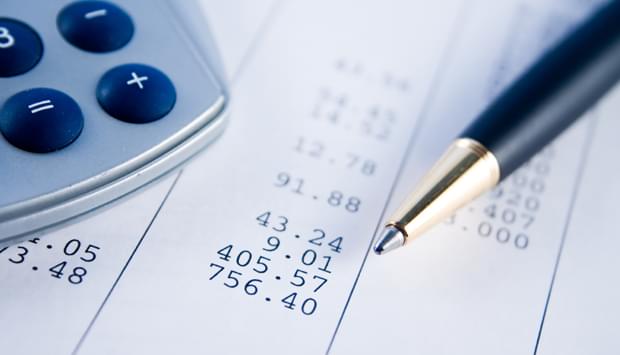Paying Emergency Tax in Ireland?
No one wants to pay more tax than they need to. Sometimes though, when you start a new job, your employer needs to apply temporary emergency tax rates to your income.
But how can you stop emergency tax? Who pays it? And how can you get a refund? To help you fully understand emergency tax and claim it back, our in-house experts have answered some of the most frequently asked questions. So, let’s dive in.
Who Pays Emergency Tax in Ireland?
And more simply, what is Emergency Tax in Ireland? Well, emergency tax in Ireland is a tax paid by individuals who start a new or change jobs, and their new employer does not have all the necessary information to calculate the correct tax deductions. When emergency tax is triggered, income tax and Universal Social Charge (USC) are deducted at higher rates temporarily, which results in a lower net wage for the affected individual.
Why Was I Emergency Taxed?
If you have just started a new job or have recently changed jobs, you may find that you are being taxed on an emergency basis. Your earnings may be significantly lower during this period, which can be frustrating.
If this is the case, there is no need to worry — you can easily get an emergency tax rebate. However, you should address the situation as soon as possible.
When is Emergency Taxation Applied?
Emergency tax is applied by your employer when:
- You have not provide your PPS number to your new employer
- You have not registered your job with the Revenue Commissioners.
If either of these two tasks have not been completed, your income will be subject to emergency tax.
How Much is Emergency Tax in Ireland?
How much emergency tax you pay depends on what type of information is missing.
If your employer has your PPS number but the job is not registered with the Revenue Commissioners, this affects your income tax. For the first 4 weeks, you will be taxed at the standard rate of 20% up to the limit of your rate band. Any income above this is taxed at the higher rate of 40%. After the first 4 weeks, if your job remains unregistered, your entire income will be taxed at the higher rate of 40%.
If you have not provided your employer with your PPS number, all your income is taxed at the higher rate of 40% while you are being charged emergency tax.
To determine if you have been subject to emergency tax and the rate you have paid you should review your payslip.
How Do I Get My Emergency Tax Back?
1. Straight Back through Your Paycheque
Once you are no longer paying emergency tax, you can get a refund on the amount you have paid. Depending on your employer’s payroll process, you could receive this refund automatically in your paycheque.
2. Using Irish Tax Rebates
If you have left your job before receiving any refund of emergency tax and are currently unemployed, we can claim a tax and USC refund on your behalf. We can also claim refunds on your behalf for emergency tax paid in previous years.
Claim Emergency Tax Back Today!
If you are unsure how to claim back emergency tax or how much you are owed, contact our team of tax experts at Irish Tax Rebates.
We have the highest average tax rebate in Ireland and the lowest fee.
Fill out our 60-Second application form today:
New Customers: Apply here.
Existing Customers: Apply For Additional Rebate
Still not convinced? Check out our excellent TrustPilot reviews. Remember, no rebate, no fee, no catch!



